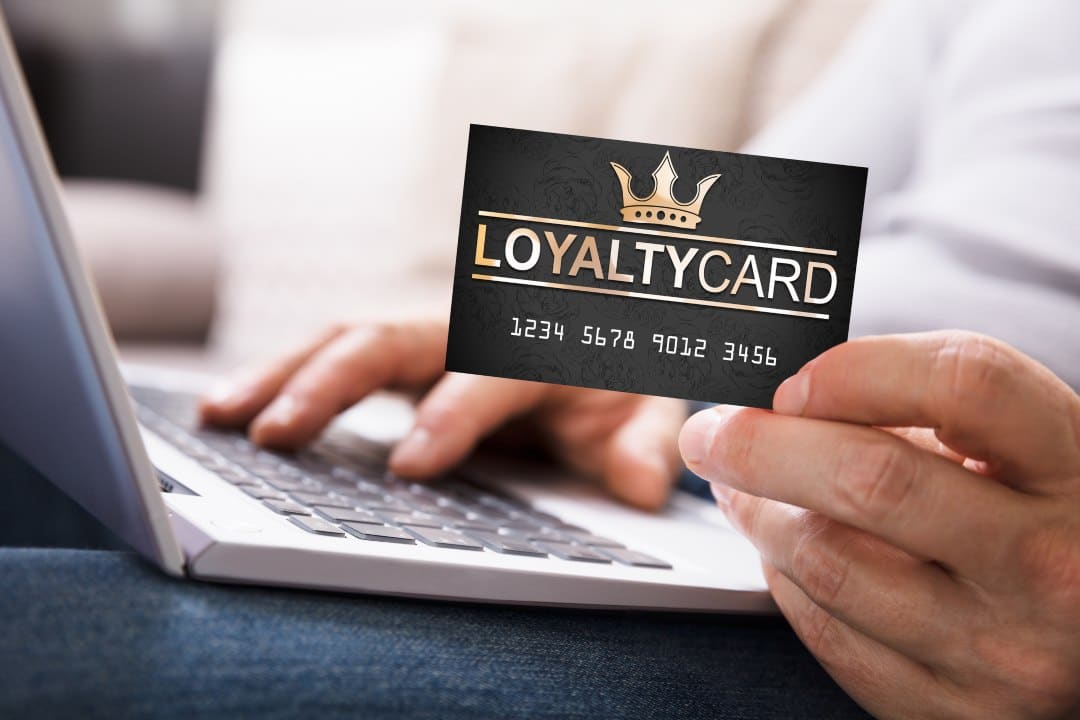The market for customer loyalty programs is worth almost $2 billion, a figure that could triple by 2023 growing at least 20% more each year. And, according to Deloitte, the blockchain could play an important role in the industry.
74% of Italians are enrolled in a loyalty program with at least one retailer offering this type of initiative (EU average and World 66%). 44% of Italians participate in between 2 and 5 programmes, one in 6 consumers (17%) is enrolled in more than six programmes.
The data emerges from Nielsen’s Global Survey “Retailer Loyalty: Card-carrying consumer perspectives on retail loyalty-program participation and perks”, which was carried out on a sample of over 30,000 individuals in 63 countries.
“The personalization of the offer,” declared the Managing Director of Nielsen Italia Giovanni Fantasia, “is the future of loyalty programs, especially in Italy, where the margins for growth in this sense are still very large. It is necessary to build a personal relationship to interact directly with the customer, for example through social media.
On the other hand, acquiring a customer is much more expensive than retaining it. It is estimated that the cost to businesses in this sense is 7 times higher. In some sectors such as telecommunications, a market that is now saturated, for example, for years we have been witnessing a real war between operators trying to steal customers from the competition, with increasingly advantageous offers but that inevitably impact on the accounts.
After the arrival of new low-cost operators, retaining their customers is becoming an increasingly necessary operation. That’s why it becomes mandatory to rely on loyalty programs, gamification and win loyalty to try to retain more and more customers. Not to mention the large distribution chains that are investing figures and technologies to improve their loyalty programs, making them much more attractive to customers.
How can we not mention the success of Amazon’s Prime, a subscription for the most trusted customers of the e-commerce giant, which guarantees advantages and rewards for its members? One of the reasons why Jeff Bezos has become the richest man in the world, in fact, is precisely his habit, almost crazy, to analyze every aspect of consumer behaviour.
Amazon has implemented several improvements throughout its long history to satisfy and retain customers, resulting in increased sales. More and more people are enrolled in its loyalty program, precisely because Bezos immediately thought about how to retain its customers and make them more loyal, giving privileges to those who agreed to join its loyalty program.
According to the Nielsen study, more than six out of ten consumers (62%) have declared that they prefer to buy, on equal terms, from shops that offer loyalty cards.
For 60%, the loyalty program is the reason to continue to attend the store that offers it. 55% spend more money and increase the frequency of purchase in the presence of these initiatives. In this context certainly positive we must mention the possibilities that new technology such as the blockchain can offer to this type of programs.
Even for providers of loyalty reward programs, in fact, as a recent report by Deloitte says “the blockchain could have the potential to simplify the execution and administration of their programs with transparency almost in real-time, and with cost savings that can be achieved in the medium term.”
For consumers juggling a range of loyalty programs, this technology could provide an instant redemption advantage and exchange of loyalty points for different currencies, all through a single platform.
With a single portfolio, consumers should not look for the options, limits and redemption rules of each programme. According to Deloitte’s report authors, the blockchain will enable instant and secure creation, redemption and exchange of loyalty points between programs, vendors and industries across a non-trusted environment using cryptographic evidence instead of trusted third parties and administrators.
This could be done through a rigorous online protocol, made up of well-programmed predefined blocks, and through the use of smart contracts. This is an aspect that will help to speed up all the bureaucratic slowness related to the registration and distribution of loyalty points and related rewards or discounts, also allowing a greater certainty that the whole process is done without the possibility of complaints.
The blockchain would also allow you to limit the costs associated with the entire process that lies behind the loyalty programs. And on this seems to focus Coinshare, the first platform for e-commerce in cashback on the blockchain.
The company, recently presented in Rome, which already has its own token (CJ) listed on the LAtoken exchange, pursues the objective of creating through the blockchain a loyalty program for customers and companies based on sharing economy.
The project is ambitious but has already achieved very respectable results in a very short time.
“It will be the evolution of cashback systems and/or old points collections and will allow companies and shops that enter our platform” – on blockchain – says Luigi Maisto, co-founder and president of the company – to share their customers in a safe, decentralized and transparent way. The goal is to increase revenues and reduce costs by creating a community of customers who can, through the blockchain, have the ability to use the tokens spent in the circuit in total safety and / or transformed into other cryptocurrency or even in fiat




